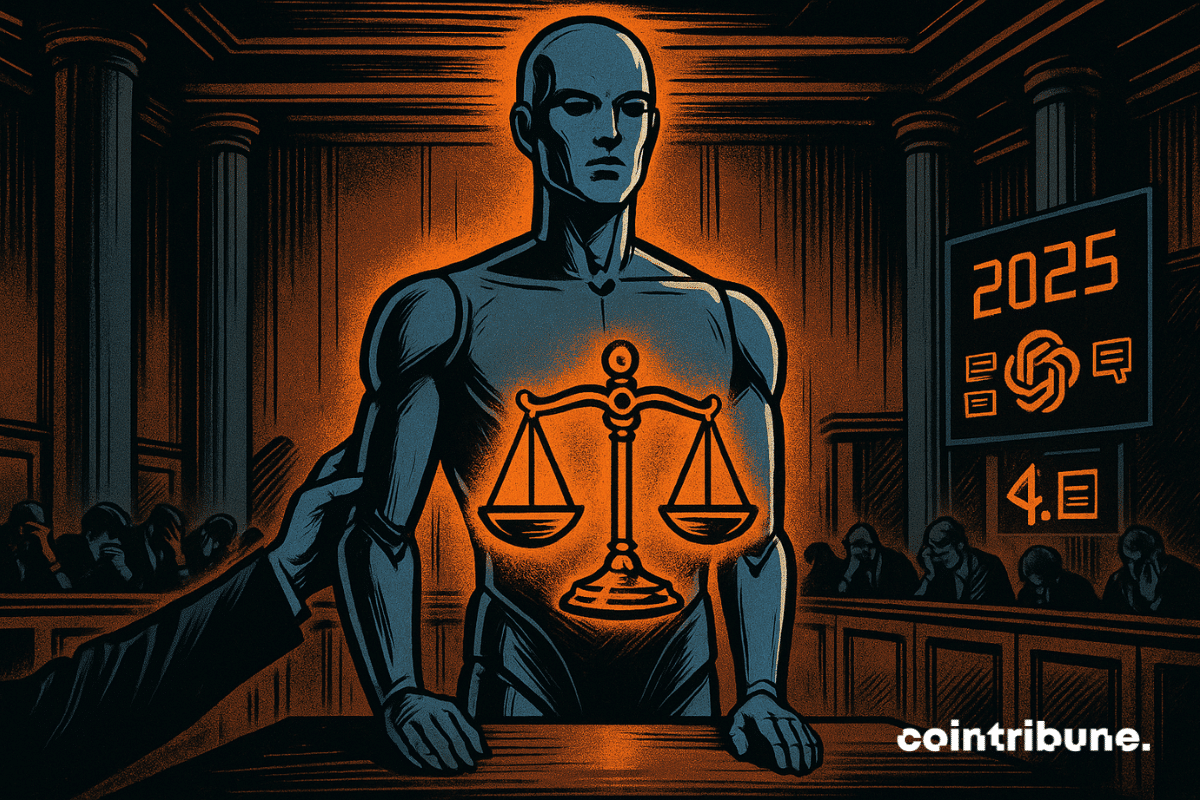Ethereum Foundation undergoes major reforms to its funding program: focusing on strategic tracks and introducing a mentorship program to support founders.
Author: Zen, PANews For Ethereum ecosystem projects, receiving funding from the foundation is undoubtedly an affirmation and endorsement of the project. Since launching the Ethereum Foundation (EF) funding program in 2018, EF has been providing financial support for public goods such as open source projects, educational projects, and developer tools in the Ethereum ecosystem through mechanisms such as the Ecosystem Support Program (ESP). Early funding models primarily consisted of open-application grant programs, focusing on areas such as developer tools, core infrastructure, research, community building, and open standards. During this phase, EF achieved significant success through open grants, supporting hundreds of projects to date. In 2024 alone, ESP provided nearly $3 million in funding to 105 projects and initiatives through its open application platform. This initiative accelerated the development of key Ethereum components while also nurturing and expanding the global Ethereum developer community. This influx of funding and talent has jointly propelled the prosperity of the Ethereum ecosystem. However, as the ecosystem expands, this passive, application-waiting funding model has revealed its limitations. EF's funding team is lean, while the ecosystem's needs are broad, making it unable to fully handle the surge in applications. This results in EF consuming most of its time, energy, and resources, while limiting its ability to pursue strategic opportunities. As the Ethereum ecosystem grows in size and complexity, the methods of support must also evolve accordingly. Therefore, EF began to consider how to strategically and proactively plan resource allocation while continuing to support public goods. ESP Transformation: Driven by a Wish List and Proposal Solicitation Entering 2025, the above issues prompted the Ethereum Foundation to make significant adjustments to its funding strategy. In late August 2025, EF announced that its Ecosystem Support Program (ESP) would temporarily suspend accepting public funding applications in order to reassess funding priorities and improve support methods. This adjustment aims to shift focus to strategic initiatives, moving from a reactive to a more proactive approach, more closely supporting key areas of the Ethereum ecosystem, and aligning with the overall strategies of various teams within EF. Simply put, it means allocating resources to projects that are most important and have the most profound impact on the ecosystem. After months of preparation, on November 3, 2025, EF officially launched its new funding mechanism for ESP, which replaces the completely open application process with two core approaches: a "wishlist" and a "Request for Proposals (RFP)." Under the new model, funding is still open to everyone, but applications must address key areas or specific issues pre-listed by EF. Specifically: The wish list describes important gaps or opportunities in the Ethereum ecosystem, but it doesn't specify concrete implementation paths. Based on their observations of the current state of the ecosystem, the EF team proposes high-priority, broad directions or goals, more like EF's "wishes" and guidance for the ecosystem. This model allows for considerable freedom, encouraging applicants to use their creativity to meet these priorities; developers and teams can propose their own independent ideas and solutions around these directions. EF values whether the submitted projects align with these broad directions and can have a positive impact on the ecosystem. The Proposal for Request (RFP) model is more specific and targeted. EF publishes a clear problem statement or opportunity description, inviting applicants to submit solutions to that problem. This model emphasizes measurable deliverables and time constraints, making it suitable for urgent problems identified by EF and areas requiring targeted investment. Each RFP typically includes a predefined project scope, requirements, and expected deliverables, with a fixed application window and project timeline. It's like EF setting "exam questions," and applicant teams submitting corresponding "answers"—only proposals that meet specific needs and deliver within the deadline are selected. The new Wishlist and RFP lists cover several key areas, including cryptography, privacy, application layer, security, and community growth. These areas basically represent the pain points and opportunities in Ethereum's current development. Founders Lab: A founder support program focused on execution. As the funding mechanism shifts towards proactive planning, EF launched a new initiative in 2025 focused on supporting projects that enhance execution capabilities—Founders Lab. This is a mentorship-based acceleration program for founders of Ethereum ecosystem startups, with the core idea that turning excellent ideas into reality requires strong execution and resource integration capabilities. Devconnect Argentina will be held in Buenos Aires, Argentina, from November 17 to 22, 2025, and will be officially positioned as the first Ethereum World's Fair. During this event, Founders Lab will make its debut on November 18-19, providing one-on-one mentoring to selected Ethereum startup teams. The first batch of mentors includes renowned entrepreneurs such as Jesse Pollak, head of Coinbase's L2 network Base, and Sandeep Nailwal, co-founder of Polygon. Teams participating in Founders Lab will have the opportunity to directly consult with these "unicorn" mentors, avoiding pitfalls in strategy, technology, and operations. Based on EF's official introduction and the mentors' backgrounds, the mentoring content of Founders Lab mainly revolves around the following key themes: GTM (Go-To-Market): Founders Lab emphasizes helping teams clarify product positioning and market strategies, including how to identify target users, develop promotion plans, and build competitive advantages. Fundraising: Founders Lab's mentor team includes entrepreneurs who have successfully raised funds and run large projects, so they can provide valuable fundraising guidance to new teams: such as how to refine business plans, connect with investors, and grasp the timing and terms of fundraising. Product and Scaling: Founders Lab provides hands-on mentorship to teach methods for product refinement, user experience optimization, user base expansion, and technology scaling. Network Resources and Industry Insights: "Networking is a resource," and a startup team's ability to access the right partners and community resources can sometimes determine the success or failure of a project. Founders Lab will leverage EF's extensive ecosystem to connect aspiring founders. Mentors will not only provide experience but may also use their networks to help teams connect with potential partners, user communities, and even investment institutions. By empowering its founders in these ways, Founders Lab aims to address the shortcomings of its past EF support model: previously, EF primarily provided funding or a platform for showcasing their work; now, it goes further, offering methodological guidance, network expansion, and a focus on results. This shift signifies that EF is beginning to view the founders' execution capabilities as a worthwhile "public good." As emphasized in its new grant program announcement, in addition to funding, EF will provide strong, ongoing support to its grantees.


